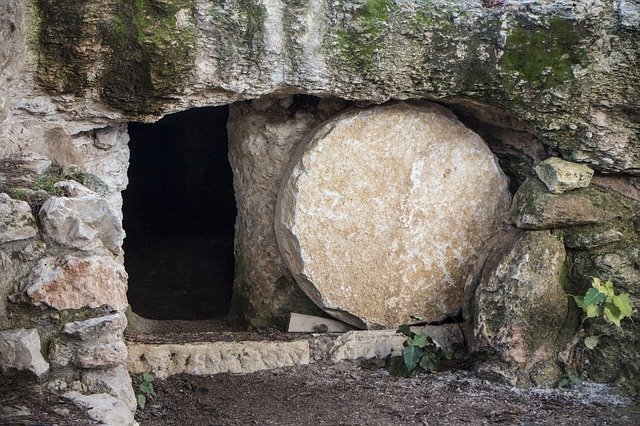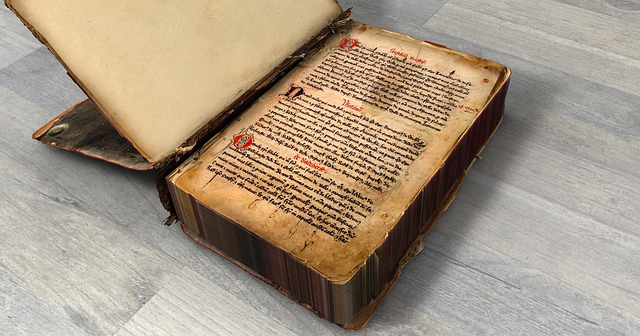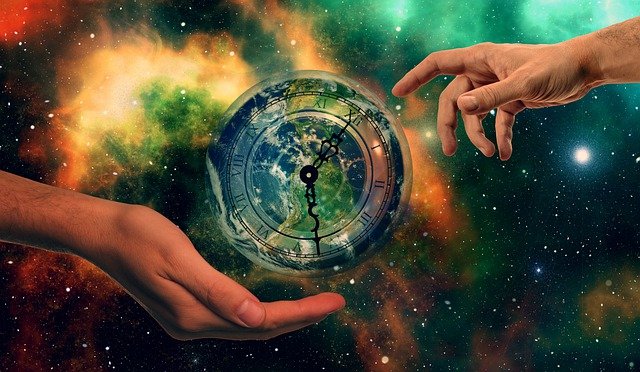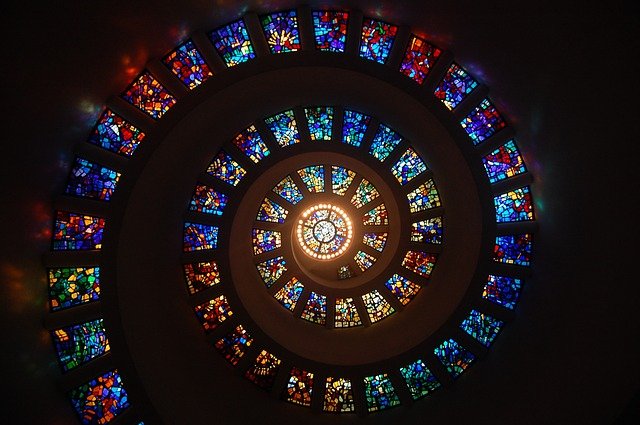 For everything there is a season, and a time for every purpose under heaven:
For everything there is a season, and a time for every purpose under heaven:
If that line sounds familiar, yes, it is from a 60’s song by The Byrds, but it is also a line from the book of Ecclesiastes in the Bible.
In times of political turmoil and worldwide health crisis, we might wonder how such events could possibly be part of God’s plan. Yet, there is biblical precedent for such conflict. Throughout the Old Testament, in particular, there is a history of God’s rewards and punishments. At times, it seems that God ignores the pleas of His people, only to ultimately favor them with a second chance to restore their relationship with Him.
God’s pendulum of rewards and punishment swings from one extreme to the other. And so too are the lessons He wishes us to learn along the way. Perhaps the unrest we witness in our culture is but a lesson that we need to embrace.
A time to kill, and a time to heal; a time to break down, and a time to build up.
For those of us with enough years under our belt, we might wonder how we could transition from an era of peace and love to our current time of conflict and turmoil. Could this be part of God’s plan? Perhaps it is a reminder from our Creator.
“A time to cast away stones, and a time to gather stones together; a time to embrace, and a time to refrain from embracing.”
At a time when even our churches are in conflict over political issues, we can only grasp at the straws of hope that it is all for a greater purpose.
A hard truth we need to acknowledge is that those opposite extremes may be necessary elements in developing our ability to fully appreciate the rewards of that heavenly existence we crave. Perhaps we need these experiences just as we need to experience darkness to appreciate the light. We need to experience sorrow to fully appreciate joy.
“A time to love, and a time to hate; a time for war, and a time for peace.”
Perhaps it is a test. Perhaps we need to embrace the powerful, foundation of Christianity. Perhaps we need to take a stand for the truths of Christianity. Perhaps these trying times are the challenge – a challenge to see if we know when…
“A time to keep silence, and a time to speak.”









